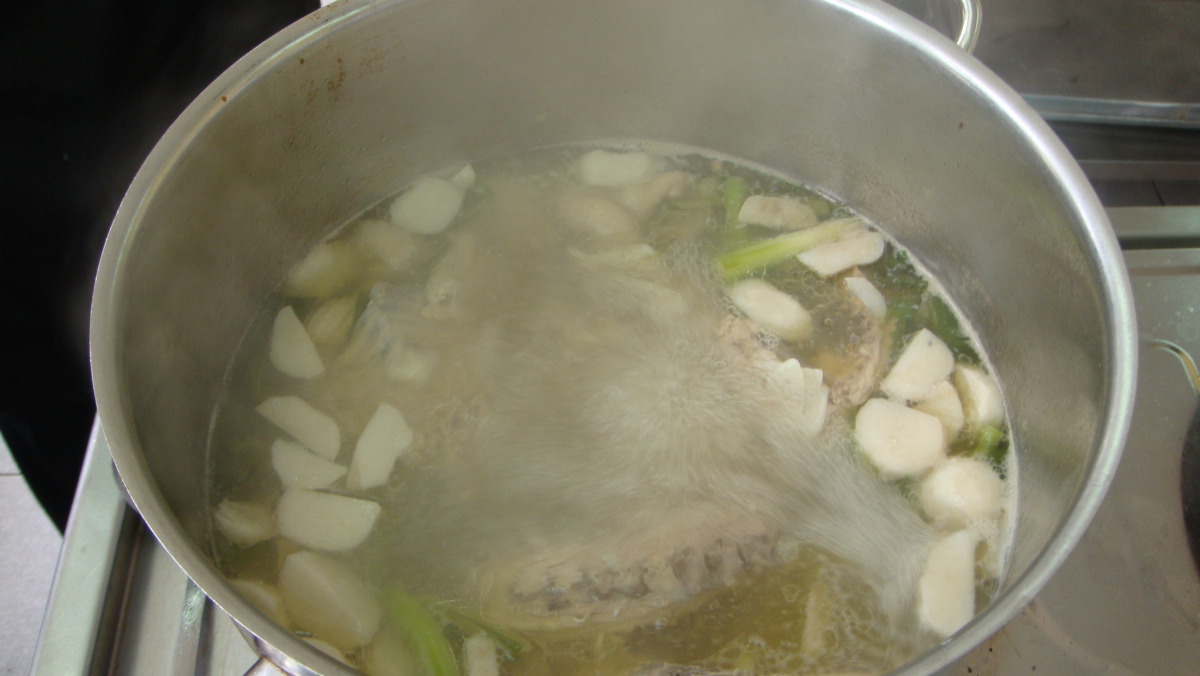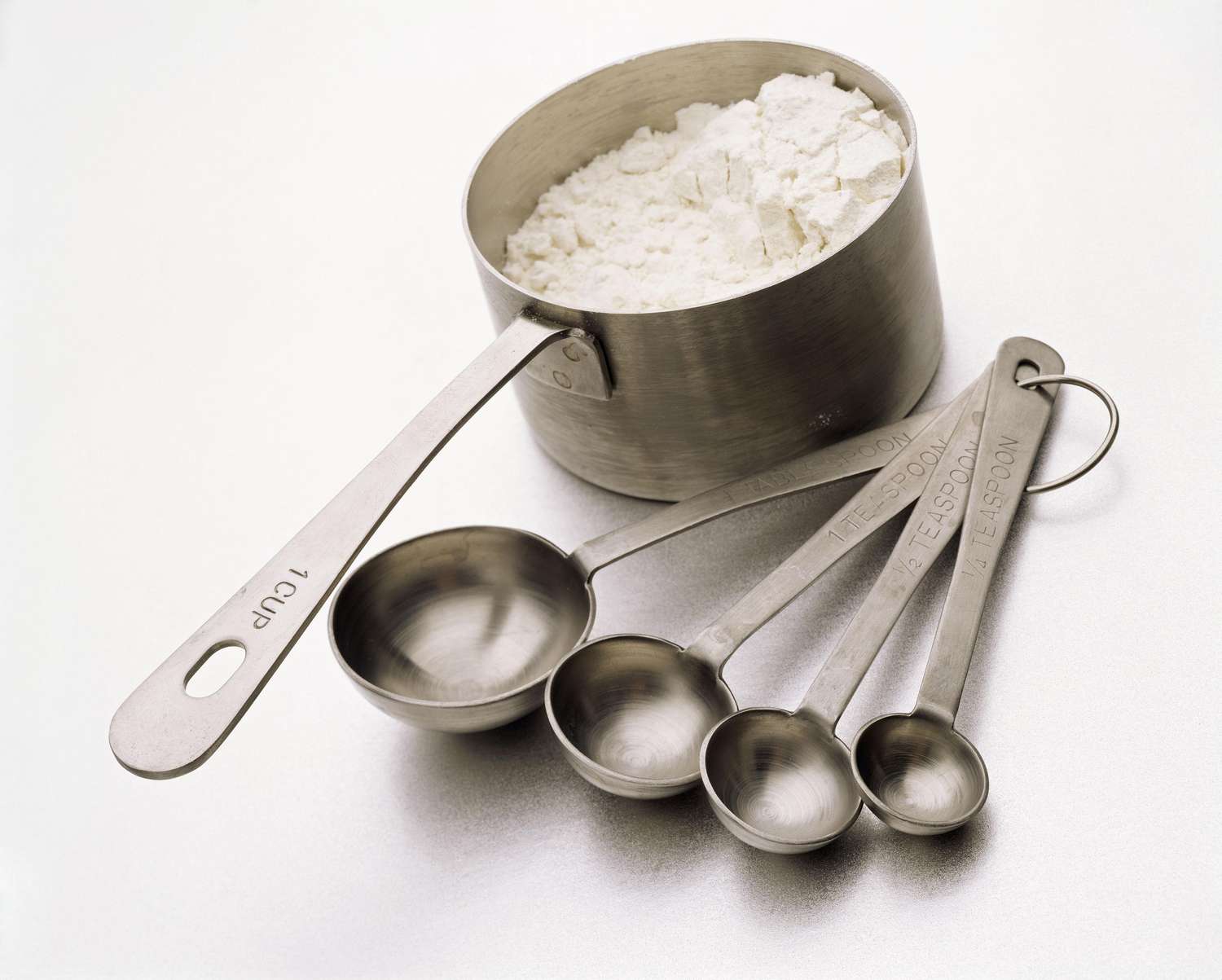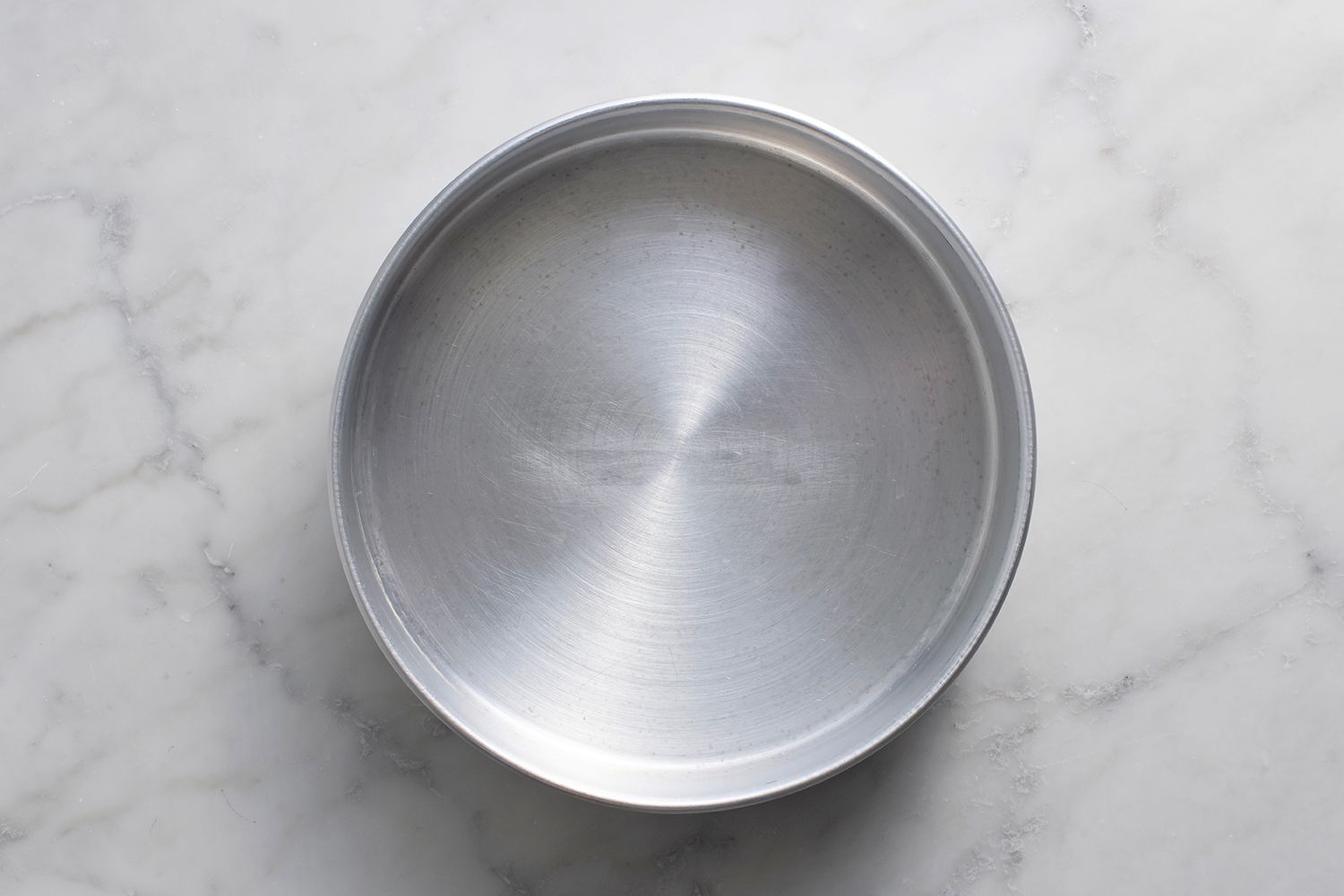Understanding Spicy Food Sensitivity
Spicy food is a beloved part of many cuisines around the world. The heat and flavor that come from ingredients like chili peppers can add an exciting kick to a dish. However, not everyone can handle the heat of spicy food. Some people experience discomfort or even pain when they consume spicy dishes. So, what is it called when you can’t eat spicy food?
Spicy Food Sensitivity Explained
When someone experiences discomfort or adverse reactions to spicy food, they may be said to have spicy food sensitivity. This sensitivity can manifest in various ways, including:
- Stomach pain or discomfort
- Heartburn or acid reflux
- Diarrhea or digestive upset
- General discomfort or burning sensation in the mouth
These symptoms can range from mild to severe, and they can significantly impact an individual’s ability to enjoy spicy cuisine.
Understanding the Science Behind Spicy Food Sensitivity
The heat in spicy food comes from a compound called capsaicin, which is found in chili peppers. When capsaicin comes into contact with the tongue or other mucous membranes, it triggers a reaction in the body’s pain receptors, leading to the sensation of heat and discomfort. For individuals with spicy food sensitivity, this reaction can be particularly intense, leading to the symptoms mentioned earlier.
Dealing with Spicy Food Sensitivity
For those who experience spicy food sensitivity, there are several strategies to help manage and cope with this condition:
- Avoidance: The most straightforward approach is to avoid spicy food altogether. This may involve reading ingredient labels carefully and asking about the spiciness of dishes when dining out.
- Gradual Exposure: Some individuals find that they can build up a tolerance to spicy food by gradually introducing small amounts into their diet over time.
- Alternative Flavors: There are many ways to add flavor to food without relying on spiciness. Experimenting with herbs, citrus, and other seasonings can help create delicious meals without the heat.
- Consultation with a Healthcare Professional: If spicy food sensitivity is causing significant discomfort or impacting quality of life, it’s essential to seek guidance from a healthcare provider. They can offer personalized advice and potential treatment options.
Conclusion
While spicy food sensitivity can pose challenges for those who love bold flavors, it’s essential to remember that everyone’s taste preferences and tolerances are unique. By understanding the nature of spicy food sensitivity and exploring ways to manage it, individuals can continue to enjoy a diverse and delicious range of foods that suit their needs and preferences.
Was this page helpful?
Read Next: What Is Ham Hock











